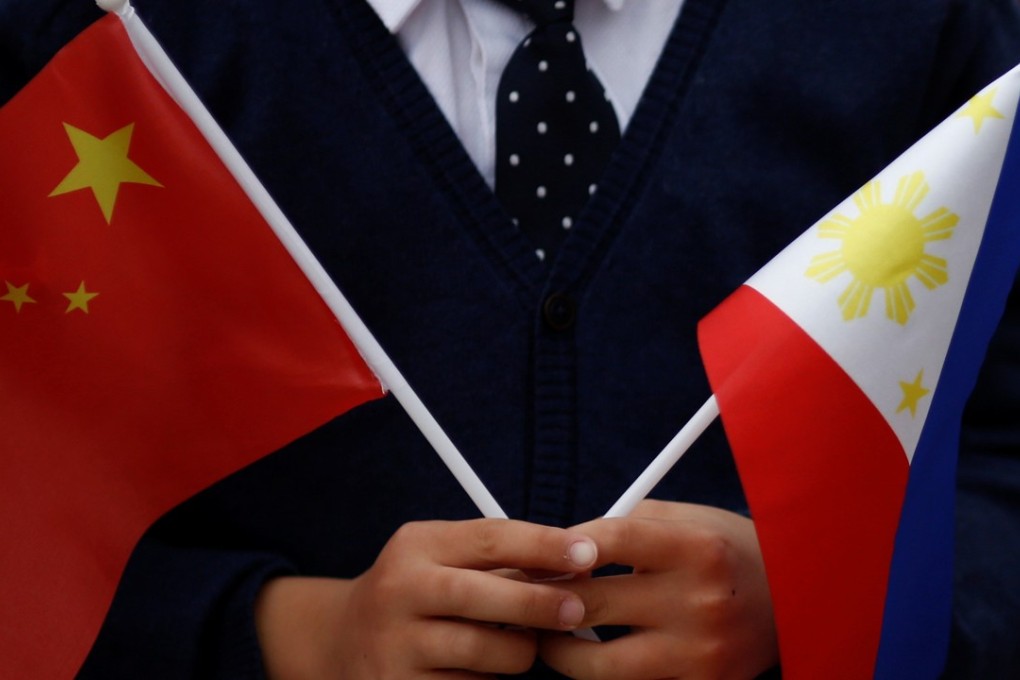Advertisement
South China Sea disputes must be resolved through arbitration that seeks mutual benefit
Parag Khanna says China’s disputes with other powers over the South China Sea – namely the Philippines and Vietnam – have to be resolved rather than allowed to fester. Thankfully, resolutions can still be reached allowing all sides access to the waterways, as well as the resources that can be found there
Reading Time:4 minutes
Why you can trust SCMP
0

Throughout Asian history, great civilisations have expanded and contracted across vast terrestrial and maritime spaces with only natural, rather than legal, borders separating them.
The 20th century, however, witnessed the succession of Japanese imperialism, decolonisation, multilateralism and cold war proxy competition, all of which have left an indelible mark on East Asia’s patterns of interaction.
The confluence of these legacies forms the complex backdrop to disputes such as the South China Sea, where pre-colonial coexistence has morphed into intricate military and legal manoeuvring to exclusively demarcate what for most of history has been shared.
Amid the current military escalations and adversarial legalism clouding the maritime domain, how can the South China Sea disputeS be settled using modern tools of statecraft while reviving the region’s ancient spirit of mutuality?
Recent years have witnessed a heightened sense of urgency around the South China Sea, both due to escalating commercial and military activity as well as a flurry of diplomatic proceedings.
Watch: China redeploys missile systems on South China Sea island
Advertisement
Select Voice
Choose your listening speed
Get through articles 2-3x faster
1.1x
220 WPM
Slow
Normal
Fast
1.1x